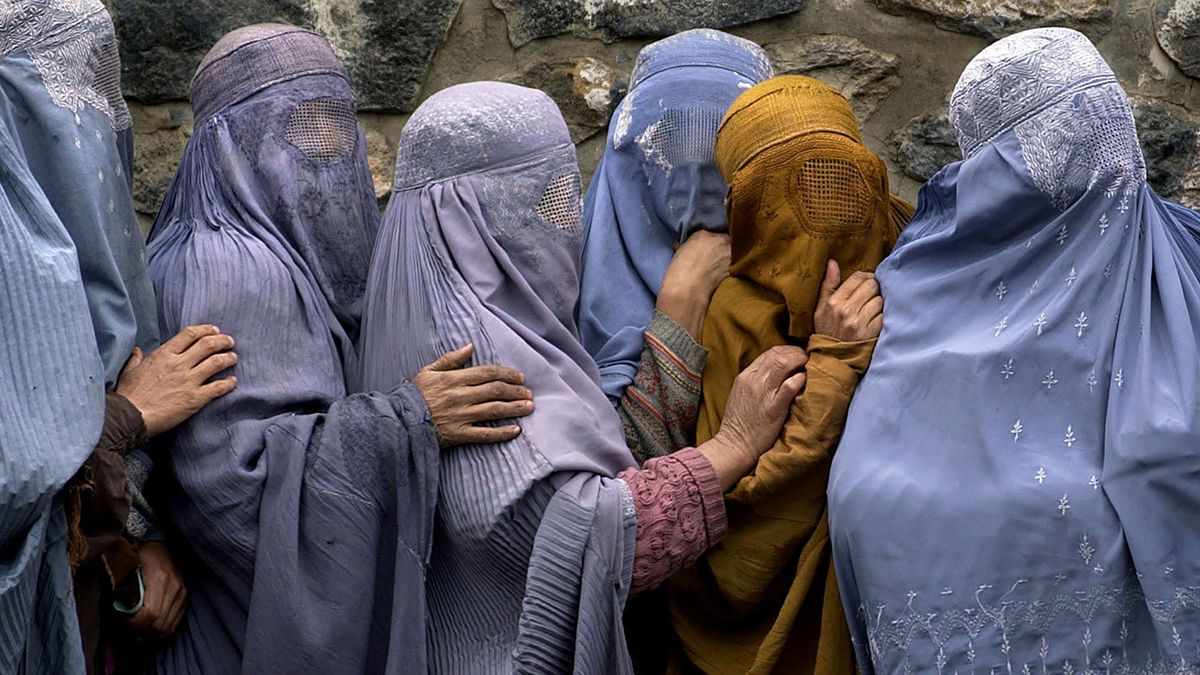Specifically, two thirds of the executions were allegedly committed by the Taliban or by groups allied to the former insurgent movement.
The report details practices of “attacks, intimidation, harassment, arbitrary arrests and other forms of mistreatment” against human rights activists and journalists in the country, and denounces the murders of at least eight members of Afghan civil organizations and two media employees. , either at the hands of the Taliban, the jihadists or related groups.
The UN Secretary General asked the Taliban to start a constructive dialogue to facilitate the arrival of economic aid to a country absolutely devastated after 20 years of conflict, and proposed a restructuring of the United Nations presence in Afghanistan to coordinate, on the one hand, the political development of the country and on the other the reception of humanitarian aid.
The Taliban, however, maintain that these kinds of international requests, such as calls for the formation of an inclusive government, are nothing more than “an excuse” for not recognizing the authorities established in the country in August 2021.
The Afghan Foreign Minister, Amir Jan Mutaqqi, declared yesterday to the Afghan television network Tolo TV that the international community “does not have a definition of what an inclusive government is, nor is there an example.” “They’re just excuses,” he said.
A day earlier, the UN team in Afghanistan announced the Transitional Action Framework (TEF), a strategic document to support Afghans this year in the face of the humanitarian crisis in the country.
“This UN system-wide strategy will help ensure that Afghans can see their basic human needs met.”, said the agency’s humanitarian coordinator for Afghanistan, Ramiz Alakbarov.
The Asian country is on the verge of a humanitarian disaster, which is why talks began last Sunday with the Taliban in Oslo and members of Afghan civil society, while on Monday the Islamist group met with American and Union officials. European (EU).
After the Taliban came to power in the country last August, the United States imposed sanctions and froze US$9.5 billion in assets of the Afghan central bank.
In parallel, the international aid that financed nearly 80% of the Afghan budget was abruptly stopped and the Central Bank’s funds were frozen, on the grounds that the funds were diverted by the Taliban.
During the 20 years of US occupation, 75% of the country’s resources depended on international aid.
Unemployment skyrocketed and officials have not been paid for months, in a country already plagued by a severe drought and in which hunger threatens 23 million people, 55% of the population.
Source: Ambito
David William is a talented author who has made a name for himself in the world of writing. He is a professional author who writes on a wide range of topics, from general interest to opinion news. David is currently working as a writer at 24 hours worlds where he brings his unique perspective and in-depth research to his articles, making them both informative and engaging.




